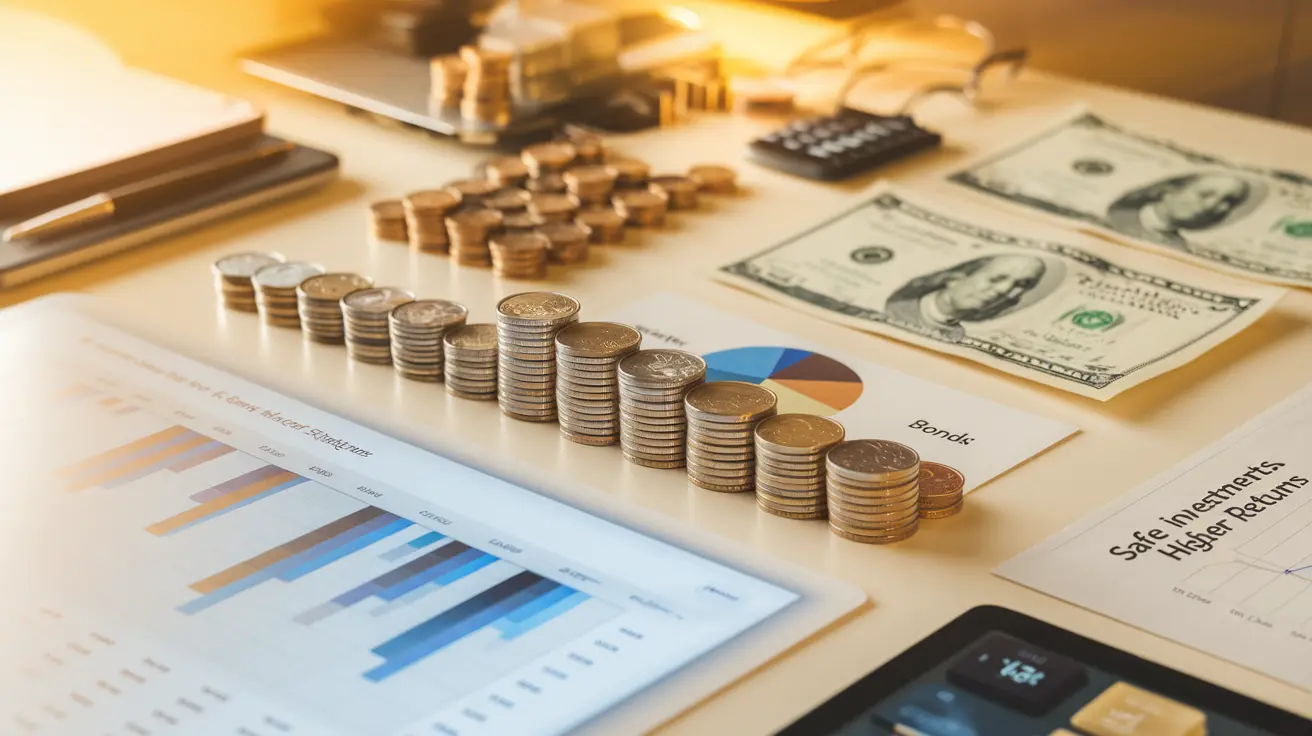Introduction:
With commodity markets opening halfway across the world, you’re about to make strategic trades that could significantly boost your location-independent income. As of June 2025, the commodity markets have evolved dramatically, creating unprecedented opportunities for professionals who value both financial growth and freedom of movement.
Commodities Trading
The traditional 9-to-5 career path is rapidly becoming obsolete for many ambitious professionals. With extended trading hours and recent reforms like Index Trading and Options Trading in markets worldwide, commodity trading has emerged as an ideal venture for location-independent workers seeking flexible income streams. All you need is a trading account and the willingness to learn—no office required. But here’s the challenge: navigating the complex world of commodities, understanding legal considerations across jurisdictions, and building a sustainable business framework require specialized knowledge that most digital nomads don’t possess.
In this comprehensive guide, we’ll explore how to master commodity markets while maintaining your location-independent lifestyle, examine the essential requirements to begin trading successfully, reveal strategies for building expertise from anywhere in the world, navigate the legal considerations that cross borders, and establish a robust business framework that supports your trading activities.
Whether you’re sipping coffee in Colombia or working from a co-living space in Croatia, this roadmap will help transform commodity trading from an intimidating prospect into a powerful tool in your location-independent arsenal.
Understanding Commodity Markets for Mobile Professionals
A. Evolution of the commodity market in India and global trends
Gone are the days when commodity trading was tied to physical exchanges. India’s commodity markets have transformed dramatically, shifting from regional mandis to sophisticated electronic platforms like MCX and NCDEX. This mirrors global trends where digitization has revolutionized how traders engage with everything from gold to crude oil.
B. Recent reforms creating new opportunities (Index Trading, Options Trading)
The game changed when SEBI introduced commodity index and options trading. Now you can trade commodity baskets or manage risk with less capital. These reforms aren’t just regulatory tweaks—they’re your ticket to diversification without being chained to a desk.
C. Extended trading hours enabling location-independent work
Trading commodities until midnight? Yes, please! Extended hours mean you can catch crucial global market moves from anywhere—your Goa beach house or Bangkok apartment. This flexibility has made commodity trading perfect for digital nomads who follow markets, not time zones.
Essential Requirements to Begin Commodity Trading
A. Setting up a trading account for global access
Getting started with commodity trading requires a broker that won’t hold you back when you’re hopping between beach towns in Thailand or cafés in Portugal. Look for platforms offering low latency connections, 24/7 customer support across time zones, and multi-currency funding options.
B. Foundational knowledge and learning resources
Trading commodities isn’t something you wing while nursing a coconut on the beach. You need solid understanding of futures contracts, margin requirements, and market fundamentals. Start with resources like “Trading Commodities and Financial Futures” by George Kleinman or free courses from CME Group before risking your digital nomad fund.
Building Expertise as a Location-Independent Trader
Fundamental analysis techniques for commodities
Trading commodities from your beachside villa in Bali or mountain cabin in Switzerland requires more than just a reliable internet connection—you need solid analytical skills.
Fundamental analysis for commodities isn’t rocket science, but it does demand attention to specific factors that impact supply and demand. Unlike stocks, commodities respond dramatically to:
- Weather patterns: A drought in Brazil can send coffee prices soaring overnight
- Geopolitical events: Middle East tensions? Watch oil prices jump
- Seasonal cycles: Agricultural commodities follow predictable annual patterns
- Production reports: USDA crop reports can make or break grain trades
- Currency fluctuations: A weak dollar typically means stronger commodity prices
The beauty of being location-independent is you can physically visit production regions. Imagine trading coffee while touring Colombian plantations or analyzing oil while in the UAE.
Start by tracking these key reports:
- Weekly EIA Petroleum Status Report
- USDA WASDE reports
- CFTC Commitment of Traders
- Major central bank announcements
I’ve found that most digital nomads overlook inventory reports, which often signal price movements before technical indicators catch up.
Technical analysis approaches for market timing
Timing is everything in commodities trading, especially when you’re juggling time zones.
The technical toolkit for commodity traders needs to be robust but not overwhelming. Focus on mastering these essentials:
- Support and resistance levels: Commodities respect these boundaries religiously
- Moving averages: The 50/200 day crossovers are particularly powerful in commodity cycles
- RSI and MACD: Excellent for identifying overbought/oversold conditions
- Volume analysis: Often signals smart money movements before price action confirms
Chart patterns work differently for different commodities. Gold responds beautifully to cup and handle formations, while crude oil often displays textbook head and shoulders patterns.
When I started trading coffee futures while working from Vietnam, I noticed something surprising—Asian session technical breakouts often predicted the next day’s New York trading direction.
Here’s what you shouldn’t waste time on: overly complex indicators or AI-based systems promising miracles. The fundamentals of supply and demand eventually override everything.
Participating in online trading communities for knowledge sharing
The solo trader working from exotic locations faces a unique challenge—isolation from traditional trading floors where information flows freely.
Online communities fill this gap brilliantly. They’re not just social substitutes; they’re goldmines of specialized knowledge.
Discord and Telegram groups have largely replaced old-school forums. Join communities focusing on specific commodities rather than general trading groups. The wheat traders know things the gold bugs don’t.
A few ways to maximize community value:
- Contribute before extracting: Share your analysis to build reputation
- Find timezone-compatible groups: US-based communities won’t help during Asian trading hours
- Look for traders with similar account sizes: Strategies for $5M accounts rarely work for $50K ones
- Verify track records: Many “experts” disappear after market conditions change
- Develop relationships off-platform: The best info rarely gets posted publicly
Twitter (X) remains surprisingly valuable for commodities intel. Follow actual traders in producing regions—a South American farmer often knows more about soybean conditions than Wall Street analysts.
Digital nomad traders have one massive advantage: geographic diversity within communities. When Russian traders are reporting regional energy developments or Thai traders are discussing rice crop outlooks, you’ve got invaluable firsthand intelligence.
Legal Considerations for Independent Commodity Traders
A. Broker agreements and their importance for professionals
Ever signed a contract without reading the fine print? Big mistake in commodities trading. Broker agreements aren’t just paperwork—they’re your safety net when markets go wild. They outline everything from transaction fees to dispute resolution processes, protecting you from unexpected liabilities that could derail your location-independent lifestyle.
B. Defining service scope and compensation structures
Clear boundaries save headaches. Your service scope needs explicit definition—what exactly are you trading, for whom, and under what conditions? Compensation structures vary wildly in this industry, from flat fees to performance-based models. Getting this right means the difference between sustainable income and constant fee disputes while you’re trying to work from that beach in Thailand.
C. Compliance requirements across different jurisdictions
Trading from multiple countries isn’t just about finding good wifi. Each jurisdiction has its own regulatory maze you’ll need to navigate. Some require local licenses, others demand special reporting. Missing these requirements can result in hefty fines or even criminal charges.
The smart move? Build relationships with compliance specialists in your frequent destinations. Their guidance is worth every penny when authorities come knocking—and trust me, eventually they will.
Establishing a Business Framework for Trading
A. Creating professional client relationships as an independent trader
Trading isn’t just about charts and positions. It’s about people. As a location-independent trader, you’ll need to master digital first impressions. Quick response times, clear communication, and professional video calls are your bread and butter now. Remember, clients trust people who are reliable—even when working from a beach in Bali.
B. Confidentiality and data protection while working remotely
Your clients’ data is gold—treat it that way. Secure VPNs, encrypted communication, and strict device protocols aren’t optional anymore. Working from public Wi-Fi? That’s asking for trouble. Smart traders invest in security just as carefully as they do in commodities. Your reputation hangs on keeping sensitive information locked down tight.
Embracing the Commodity Trading Lifestyle
As we’ve explored throughout this guide, commodity trading offers a unique opportunity for location-independent professionals seeking flexibility and financial growth. With extended trading hours and digital accessibility, this market perfectly complements the mobile lifestyle of today’s remote professionals. The journey from understanding the fundamentals to establishing a robust business framework may seem daunting, but with proper education and strategic planning, it becomes an attainable goal.
Conclusion:
Whether you’re starting with basic requirements or building advanced expertise, remember that success in commodity trading comes not just from completing transactions but from the professional relationships and knowledge you develop along the way.
Consider programs like those offered by institutions such as Phoenix Commodities that provide comprehensive training through live webinars, covering both fundamental and technical aspects of trading.
+As you venture into this exciting field, invest time in crafting proper agreements, staying informed about market changes, and building a network of fellow traders. Your commodity trading journey as a location-independent professional begins with a trading account and a willingness to learn—the potential rewards await those who approach this market with dedication and strategic insight.











